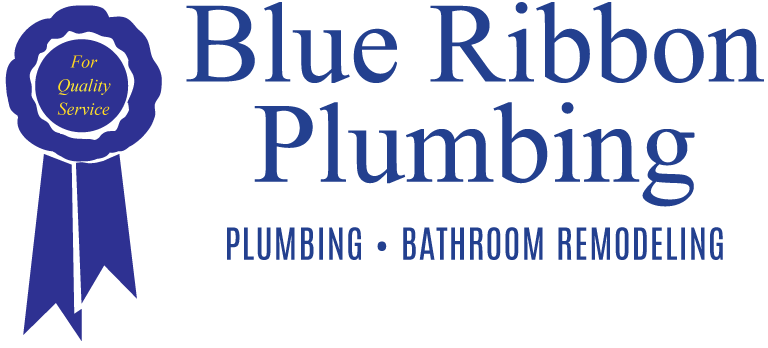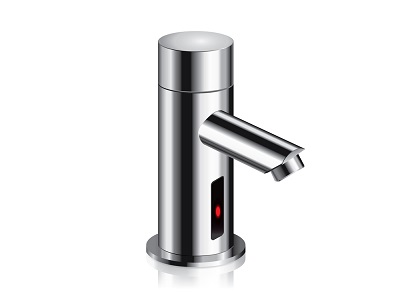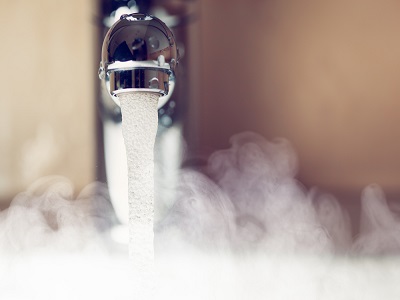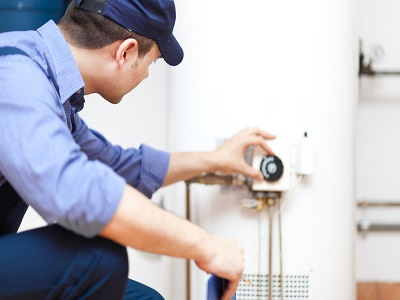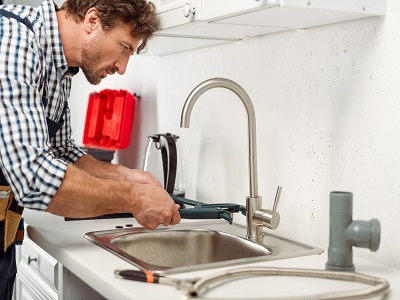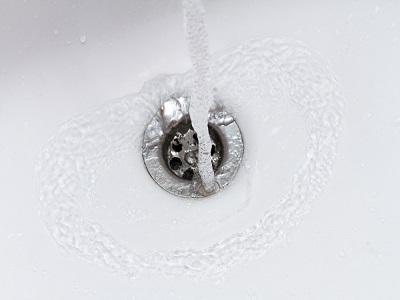Are you putting off fixing a plumbing issue because your landlord might make you pay? It’s easy to put off reporting the problem because most plumbers charge $45-$200 an hour. It’s a costly error to delay a repair.
You risk water damage to your apartment if you don’t act quickly. It’s not only unnecessary, but also dangerous. Most cases, plumbing repairs are the responsibility of your landlord.
Who pays the plumber? Is it me or the Landlord?
This question can be answered in one simple way: In most cases, plumbing repairs in Myrtle Beach are the responsibility of your landlord. We’ll discuss the instances where you might be charged. Let’s begin with the responsibilities of the landlord.
Law requires that landlords provide living conditions. Because of differences in building codes between states, “habitable conditions” may be defined differently depending on where you live. All landlords must ensure that their tenants have safe, secure, and pest-free housing, regardless of where they live. These minimum standards are generally found in most states.
Plumbing
It must be able to handle sewage and have functioning plumbing.
HVAC
It is crucial to maintain indoor temperatures by maintaining proper heating and cooling. The landlord must ensure that the HVAC system is working properly and in compliance with local building codes.
Electricity
An electrical problem can be very serious and could cause electrical shock or even fire. All electrical systems should be up to code.
Structural Integrity
Tenants have the right to housing that is structurally sound, meaning that it must be:
Weatherproof
No broken doors or windows. Safe walkways, stairways, and entryways
Cleanliness
You, as a tenant, have the right to a clean and pest-free unit. The landlord must ensure that the exterior of the property is free from debris and provide waste disposal facilities.
What to do if you have a plumbing problem while renting?
Plumbing problems can sometimes be unavoidable. First, minimize the damage to your unit. You may have to shut off the water supply to the fixture depending on the problem.
Next, report the problem to your landlord immediately using the process they have outlined. You might be asked to call the maintenance number, fill out a paper form, or submit an online request. Please provide as much information as possible when reporting the problem. This will allow the plumber to be more prepared to fix the problem once they arrive.
Keep track of the date and time you reported the problem. Property managers are allowed to respond within 30 days in most states. Most landlords will respond quickly to your request. You may have to take further steps to resolve the issue if your landlord does not respond quickly. If you have to take further actions, it is worth taking detailed notes.
Why am I being charged for repairs?
Your landlord is responsible for any plumbing repairs, as we said earlier. But, this doesn’t mean you are immune from liability for any damage you caused by negligence or intentional. If that happens, the landlord may send you the repair bill.
What should I do if my landlord won’t take care of my plumbing problem?
There are several options available to you if your landlord refuses repairs. The severity of the problem and the length of time you have been dealing with it will determine which option you choose.
You should avoid confrontation and start by being less confrontational. You run the risk of causing tension in your relationship with your landlord by taking more severe action.
Mediation
An impartial third party can help you get your landlord to fix your plumbing problem. Tenants have a number of options for mediation that are free or very low-cost. The mediator would contact your landlord to schedule a meet to talk about the issue and reach a solution. Mediation should be your first step towards resolving the matter.
Report code violations
If mediation fails to resolve the issue, you might need to report your landlord to the local housing authority. If there are any violations, the housing authority will investigate and contact the landlord.
Repair and Deduct
State law may allow you to hire a plumber to repair your property and subtract the cost from the rent. This repair and deduction option may not be applicable in all cases. This strategy can only be used for problems that impact the unit’s habitability. You can’t repair or deduct minor problems or normal wear and tear. This strategy could lead to you being evicted if you use it for unneeded items.
This strategy can only be used if you follow the state laws. You must send a written notice to your landlord explaining the problem. You must include a cost estimate along with a deadline for them to respond. The notice should state that if the landlord fails to respond within the given deadline, you will withhold the rent.
Rent withhold
State law allows you to withhold rent in order to pressure the landlord to resolve the matter. During the withholding period, you may have to pay rent into an account. This shows that you have faith in your ability to pay rent on time and not just for a quick buck.
Lawsuit
If all else fails, you might need to file legal action against your landlord. You should follow the guidelines of your state for filing a lawsuit. The issue must be documented. You must also be able show the steps taken to resolve the issue before you initiate legal action.
Common Plumbing Problems and How To Avoid Them
Avoiding plumbing problems is the best way to avoid having to worry about them later. There are some things that you can do to reduce the likelihood of problems.
Toilets and Drains that are Clogged
Clogged drains are caused by something blocking the flow of water. Foreign objects can block the drain or toilet. Avoid putting non-biodegradable objects in the toilet to prevent blockages. To prevent clogs, you should install hair catchers at the sink and in your shower drains.
Running Toilet
Running toilets indicate a problem in the inner workings. Sometimes, the fill tube or flapper valve malfunctions and water is constantly running in the toilet. You don’t have to call a licensed plumber in order to fix this problem. This problem can be fixed by you. Adjust the float to make sure the flapper valve closes correctly. This problem can be prevented, but awareness is the best way to prevent it. You should notify your landlord immediately if your toilet is running longer than usual.
Leaky Faucets
Leakage at the faucet is often caused by damage to the handle seal. Broken seals are normal wear and tear. You can prolong the life of your faucet by being careful when you turn it on and off.
Like our Facebook page for more great info about plumbing.
Blue Ribbon Plumbing LLC
4201 Carolina Exchange Drive Suite 202
Myrtle Beach, SC 29579
(843) 267-9733
Home – Myrtle Beach Plumber
Serving all of Horry County including Myrtle Beach, North Myrtle Beach, Little River, Murrells Inlet/Garden City, Surfside Beach, Carolina Forest/Forestbrook, Conway/Aynor
